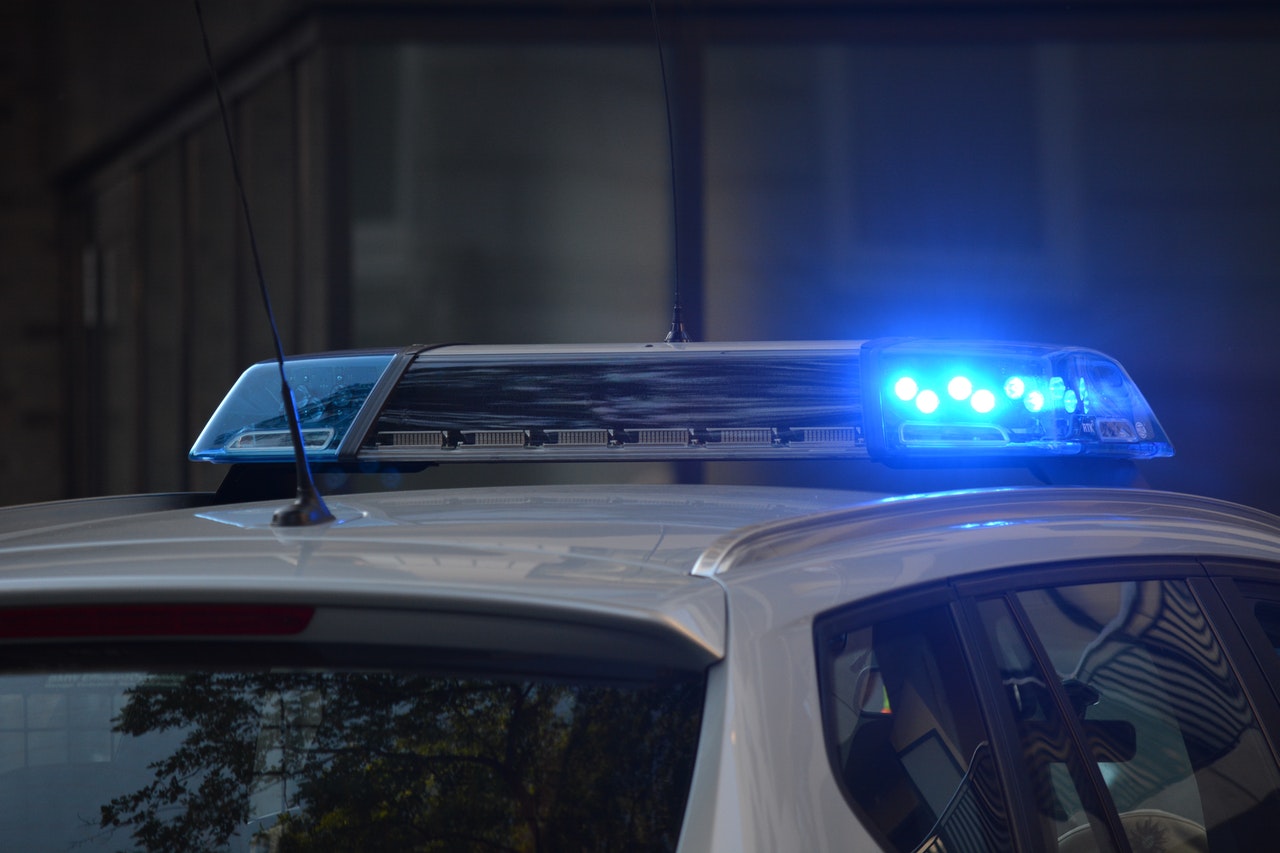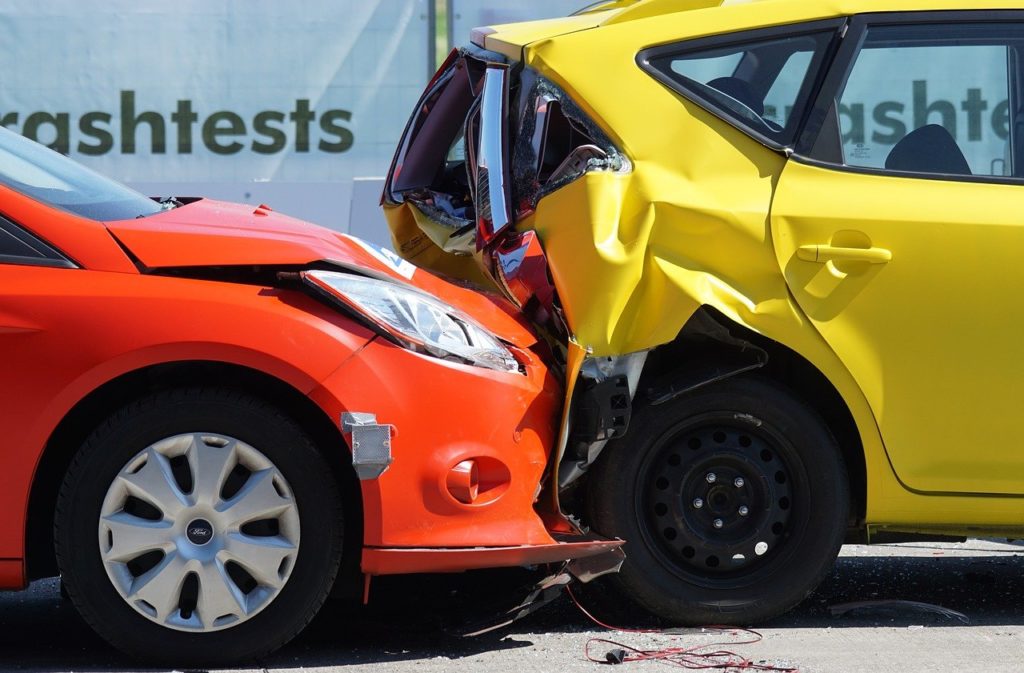Road accidents are prevalent globally. They have become a significant public concern, taking away many innocent lives. In fact, the World Health Organization estimates that around 1.35 million people die each year across the globe from vehicular crashes. Speeding, driving under the influence of alcohol, and non-use of protective gear like helmets and seatbelts are the main causes of road accidents. Children and young adults are the most vulnerable, with road traffic injuries being the leading cause of death to these younger generations.
In the U.S. alone, more than six million car accidents happen every year. In 2018 alone, around 12 million car crashes were recorded across the country. While most of these accidents only result in property damages, they are still considered a major threat to human lives. In fact, one in three vehicular accidents involves personal injuries to the drivers or passengers. Worse, two out of 10 vehicular accidents in the U.S. lead to fatal consequences, according to recent statistics.
Accidents happen without warning. If you got yourself involved in a road accident, here are some things that you can do to protect yourself and your passengers directly after the incident happened:
1. Get to safety and assess the damage.
Check yourself and your passengers for traces of blood, bruises, or any visible signs of injury immediately after the accident. If your car is still safe to drive but is causing a traffic obstruction, pull it to the side of the road. Otherwise, you can leave it where it is and get yourself and your passengers to safety. However, make sure not to leave the scene of the accident. By this time, you can start inspecting your car’s physical damage if you can still do so.
2. Call for help.
If anyone has been badly injured, immediately call an ambulance so that such injuries will be attended to. You may also opt to call your disability lawyer for legal advice, especially when you or one of your passengers suffered from a serious injury.
You must also call 911 or the police right after the accident for them to respond to and document the scene, regardless of how minor or major the accident is. Make sure to protect the scene while you wait for the respondents to come. You can do this by setting up road flares or turning on your hazard lights to warn other vehicles of your emergency.

3. Document the scene.
Once you have pulled yourself to safety, make sure to take photos, videos, voice memos, and other media evidence from the accident. Such pieces of evidence will be instrumental when you file for an accident report, an insurance claim, or for any legal purposes. Take pictures of your vehicle, focusing on the specific areas where the damage is visible. Make sure to take photos of the surrounding area as well, including any marks or debris on the road.
Additionally, taking snapshots of the other vehicle involved and its license plate may help support your side of the story during the police investigation. You may also opt to record your conversations with the people and witnesses involved in the accident if they permit you to do so.
4. Collect as much information as you can regarding the accident.
After ensuring everyone’s safety and talking to authorities, collect all the necessary information about the accident. Ask for the personal details of the involved party and vehicle before you leave the scene. These include the driver’s full name and contact information, his/her insurance company and policy number, driver’s license and license plate number, and the model, color, and type of his/her vehicle.
It is also vital for you to ask the details of the witnesses, such as their names, address, contact information, as well as their account of the accident. Grabbing the contact information of the police officers and other authorities that responded to the accident is likewise helpful, especially in filing for an accident report.
5. File an accident report.
If the authorities fail to reach the scene soon enough, you should go to the nearest police station and file a First Identification Report (FIR), relaying the exact happenings of the accident. You may also do this after the scene has been investigated by the police.
An accident report is a critical requirement in filing for a disability or damage claim from your insurance provider.
Car accidents can happen to anyone anywhere. However, knowing the appropriate urgent responses after such a tragedy can help save lives, including yours and your loved ones.

